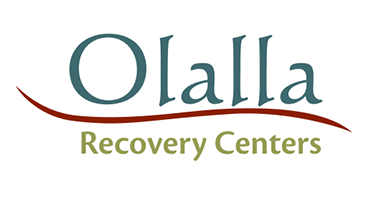
03 May Recognizing the Signs of Drug or Alcohol Addiction
Alcohol and drug addiction can happen to anyone.
You may see a stereotypical “junkie” or alcoholic portrayed in the media as a homeless person or someone who does nothing all day but get high or wasted. The truth is, many people struggle in secret without showing it on the surface. Your friend, family member or co-worker may harbor an addiction without you noticing.
People of all walks of life, regardless of their background, can experience substance use problems that escalate out of control. But how do you know when alcohol or drug abuse becomes an addiction?
Here are some common signs that may indicate that you or your loved one are addicted, or have the potential to become addicted.
Financial problems
Many people struggle financially at least from time to time. The difference for an addict is in priorities.
If you’re spending money on drugs or alcohol when you can’t even cover necessities, or if you’re borrowing money to buy substances, that’s a warning sign.
For your close family member, things to watch for include:
- Missing money from the bank account (if you have joined finances)
- Valuable items missing from your home
- Sudden requests for money
Neglected responsibilities and behavior changes
A person whose life begins to revolve around getting high or inebriated will show sudden changes in habits, routines and behaviors. Red flags may include:
- Neglected physical appearance and grooming
- Frequently missed work or school days, or important family events
- Drop in performance at school or work
- Secretive behavior such as barring people from entering a personal area
- Abandonment of previously enjoyed activities such as hobbies
- Frequent legal troubles such as fighting or driving under the influence
Physical changes
Frequent consumption starts taking a toll on the body. An addicted individual often consumes a higher and higher amount of drugs or alcohol in order to maintain the same level of “high” as the body builds tolerance to the substance.
Besides frequent hangovers or even “blackouts” and obvious sings like bloodshot eyes or abnormal pupils, indicators of addiction may include:
- Sudden weight loss or gain
- Changes in sleep patterns or appetite
- Impaired coordination or tremors
- General physical deterioration
- Withdrawal symptoms such as nausea, shakiness and anxiety
Psychological signs
Using or drinking often goes hand-in-hand with depression — whether you start using to self-medicate or you become depressed after you start using. Depression and thoughts of suicide are among the psychological changes caused by using or drinking.
Other signs may include:
- Sudden mood swings or angry outbursts
- Inability to focus and a lack of motivation
- Attitude or personality changes
- Anxiety, fear or paranoia
For a self-assessment quiz for yourself or someone you love, visit www.olalla.org/self-assessments. If you’re finding yourself answering yes to many of those questions, or you recognize the above signs in yourself or your loved one, get help.
Addiction recovery starts by acknowledging you may have a problem, and this requires courage. Taking the self-assessment is a simple step that could change your life — just be honest with yourself.


